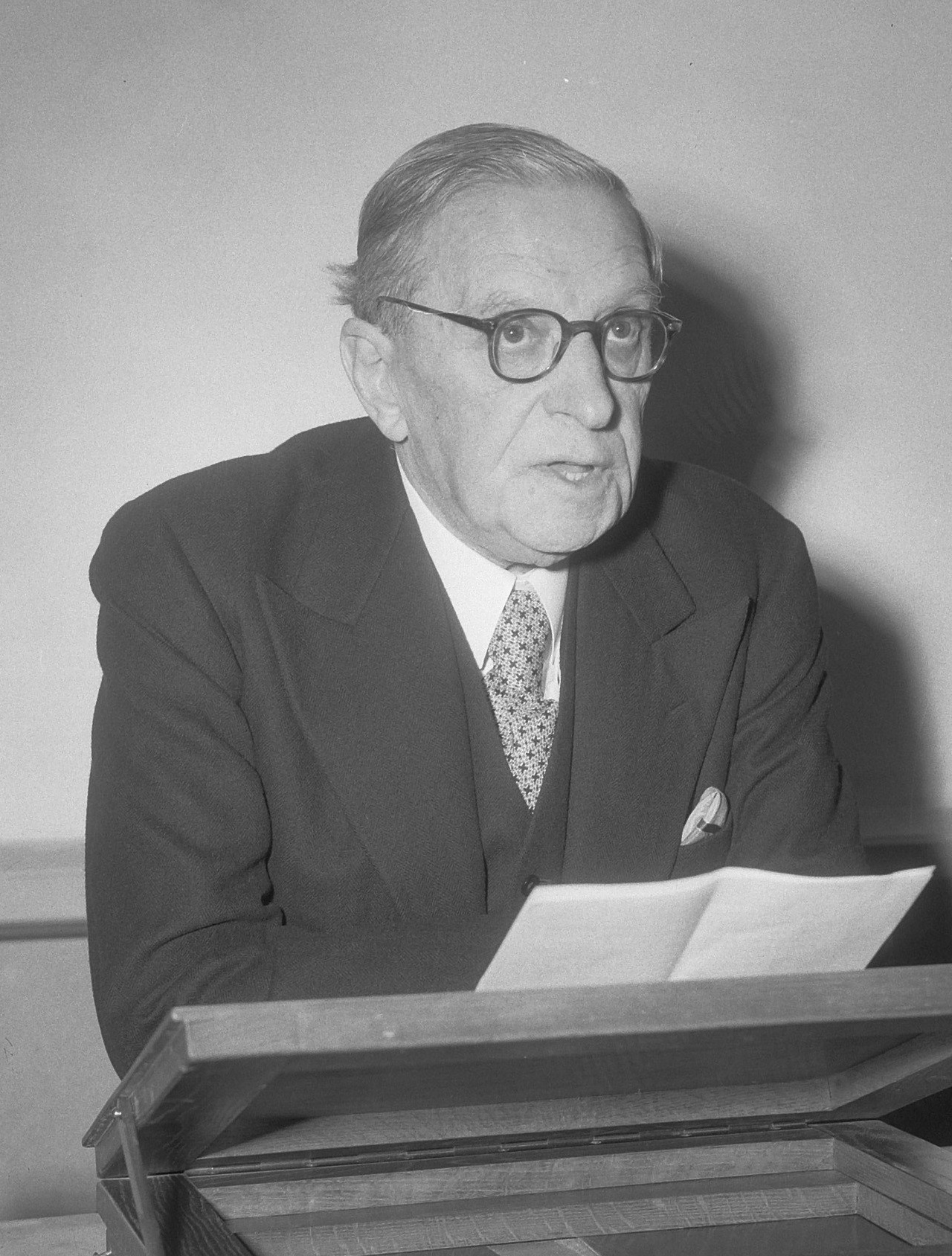Геза Ревес — венгерско-нидерландский психолог.
Первоначально изучал юриспруденцию, в 1902 г. защитил в Будапеште диссертацию доктора права. Затем посвятил себя изучению психологии, в том числе в Гёттингенском университете под руководством Георга Элиаса Мюллера. В годы обучения сблизился с Густавом Кафкой, Эдгаром Рубином и Давидом Катцем, тяготея к гештальт-психологии. С 1906 г. работал в психофизиологической лаборатории Будапештского университета под руководством Франца Тангля. В 1920 г. по приглашению Герардуса Хейманса перебрался в Нидерланды и до конца жизни работал и преподавал в Амстердамском университете.
Наиболее известные работы Ревеса связаны с музыкальной психологией, начиная с монографии «К основаниям музыкальной психологии» , и психологией одарённости — итоговый труд «Талант и гений: Основы психологии одарённости» . Среди материалов, послуживших Ревесу для этих исследований, — шестилетнее наблюдение за пианистом-вундеркиндом Эрвином Ньиредьхази, вылившееся в книгу «Эрвин Ньиредьхази: Психологический анализ музыкально одарённого ребёнка» .
Именем Ревеса названа улица в его родном городе.
Wikipedia
✵
9. Декабрь 1878 – 19. Август 1955
